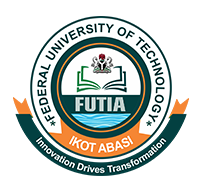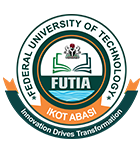Program Philosophy for B.Tech (Hons) in Computer Science
The B.Tech (Hons) in Computer Science program is designed to provide students with a comprehensive education in the principles and practices of computer science, preparing them for a successful career in the field. The program’s philosophy is guided by the following principles:
1. Foundational Knowledge
Provide a solid foundation in the fundamental principles of computer science, including programming, algorithms, data structures, computer architecture, and software engineering.
2. Practical Application
Emphasize hands-on learning and practical application of theoretical concepts, enabling students to develop problem-solving skills and apply computer science principles to real-world problems.
3. Innovation and Creativity
Encourage students to think creatively and develop innovative solutions, preparing them to meet the challenges of a rapidly evolving technological landscape.
4. Interdisciplinary Approach
Foster an understanding of the interdisciplinary nature of computer science, incorporating knowledge from mathematics, statistics, and other relevant fields.
5. Professional Development
Prepare students for a successful career in computer science, with a focus on professional skills, ethics, and lifelong learning.
6. Research and Discovery
Encourage students to engage in research and discovery, developing critical thinking and problem-solving skills, and contributing to the advancement of computer science knowledge.
7. Social Responsibility
Instill an understanding of the social and ethical implications of computer science, preparing students to use their knowledge and skills for the betterment of society.
By embracing these principles, the B.Tech (Hons) in Computer Science program aims to produce well-rounded, knowledgeable, and innovative computer science professionals, equipped to succeed in a rapidly changing world.



